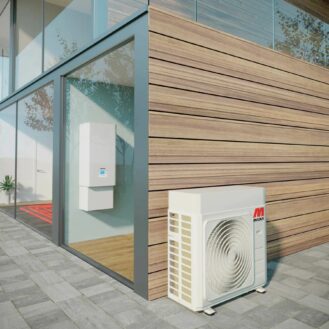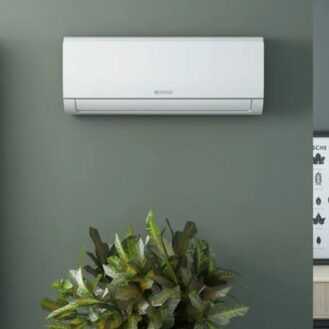
ELCO Condensing Boiler
If you have an older boiler, upgrading to a more energy-efficient model can significantly reduce your heating costs. Modern boilers incorporate various energy-saving features, such as condensing boilers that recover heat from the exhaust flue.
To maximize energy efficiency, it is important to ensure that your building is adequately insulated and that the flow temperature of the heating system is not set higher than necessary. Traditional boiler systems typically operate with a flow temperature ranging from around 60-85°C.
Low-temperature boilers (LTH boilers) consume less energy and typically operate within the range of 35-55°C. However, to achieve the same level of comfort as higher-temperature heating systems, low-temperature boilers may require low-temperature radiators with larger surface areas or underfloor heating.
When comparing boilers, consider factors such as the power output (in KW/BTU) and its energy efficiency percentage to gauge its performance. Additionally, take into account its eco-performance and whether it is certified by reputable organizations such as Energy Star in the United States or rated on the EU energy label scale. Note that the EU energy label scale was reset in 2021 from A-G to help consumers better compare new compliance standards.










